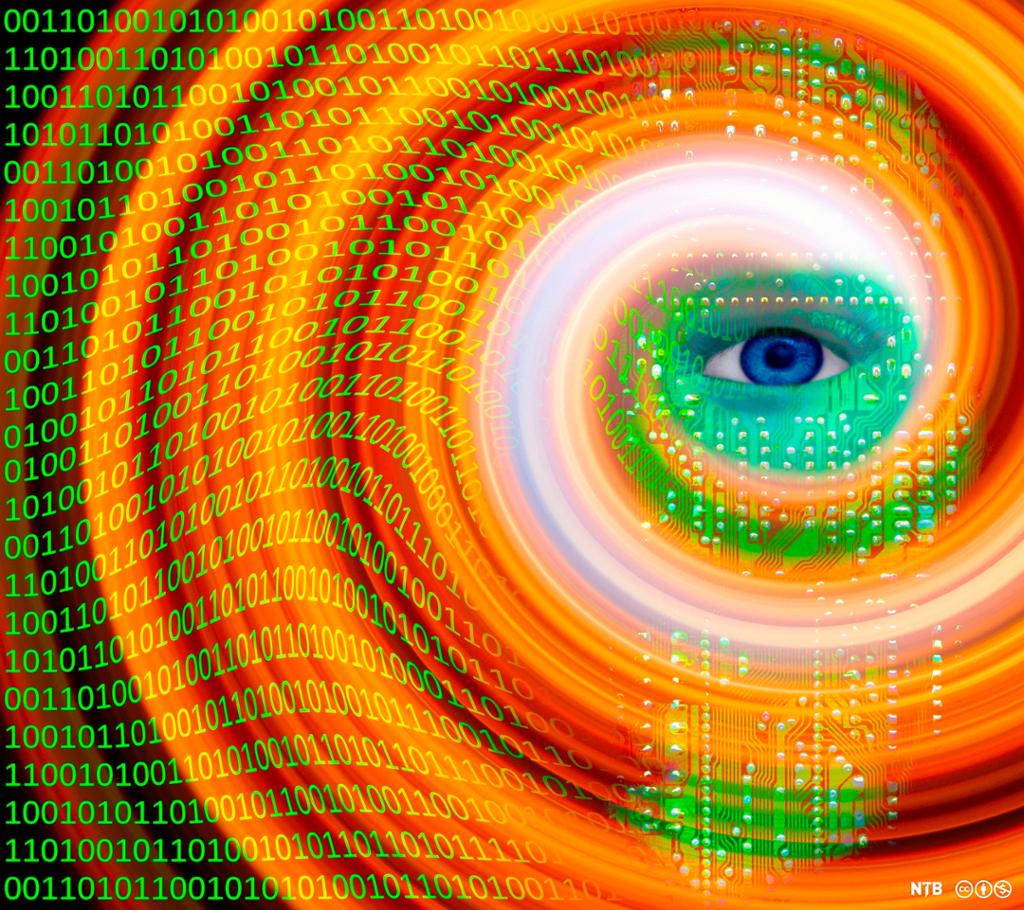Tasks: Surveillance

- Explain the meaning of big data.
- The article refers to former Amazon executive James Thomson's statement: “Each opportunity to interact with a customer is another opportunity to collect data.” Why do you think gathering information about customers is so important for Amazon and other large companies?
- What is a whistleblower? Do you know of any other whistleblowers than Edward Snowden?
- According to the text, there is an "increased need for security". Why do many countries today feel that they have to be more vigilant and that there is an increased need for security and surveillance?
- What is China's social credit system?
- What is the EU's General Data Protection Regulation?
These are all words that in one way or another can be linked to surveillance and security. Go through the words in pairs or in small groups, and follow the instructions below:
spy
security
consent
disclose
monitor
agreement
uncover
infringement
privacy
permission
authorisation
whistleblower
protection
track
leak
- Explain what the words mean. You are only allowed to use English.
- Sort them into three categories: words that can only be verbs, words that can only be nouns, and words that can be both verbs and nouns.
- Take a look at the words you have placed in the last category. What is the meaning of the verb, and what is the meaning of the noun? Are they always closely related in meaning?
You need some space for this task, so clear the room a bit so you can move about.
You are going to voice your opinion by placing yourself in different parts of the classroom: One end of the classroom is the 'I strongly disagree'-zone, while the other end is the 'I full-heartedly agree'-zone. If you are uncertain or see both positive and negative sides to the claims presented, you are free to place yourself somewhere in the middle. Be prepared to argue for your point of view.
Go through the claims below one by one and find your place in the classroom. Do you agree or disagree? Discuss in class.
- Surveillance is not a problem as long as you have nothing to hide
- I feel safer when I know that there are CCTV cameras watching us
- Surveillance at work would increase productivity in a workplace, and it should be an employer’s right to surveille the employees.
- Surveillance is useful in fighting crime and terrorism.
- There should be more surveillance in school.
- Surveillance makes citizens act in a moral way.
- I think it is a good idea that parents install surveillance apps on their kids' phones so that they can follow their phone activity.
Surveillance is a violation of human rights.
Pick one of the tasks, and find the information asked. Share what you discovered in a group or in class.
- Who is Edward Snowden? Find out what he did and what happened to him. Make up your own opinion: Is he a traitor or a hero? Make sure you see both sides of the story.
- Find out more about the The Patriot Act, which was introduced in the United States in 2001. Why was the act introduced, and what was its aim? How has this act expanded the authority of the government? Why is this act receiving criticism from human rights organisations?
- In 2020, Danish media revealed that the United States had been spying on countries in Scandinavia, using internet cables. Find out what happened and discuss if it matters that we are spied on by one of our most important allies.
- Find out more about China's Social Credit system. What are the advantages and disadvantages? Discuss whether all or parts of the system should be implemented in Norway as well.
- Mark Zuckerberg, the founder of Facebook, once stated that “Privacy is a social norm of the past”. Write a text where you discuss the consequences of losing your privacy. Choose the genre you would like to use: argumentative text, opinion text, or a more creative text.
- Big data has been used to influence the outcome of elections. Pick either the 2016 Brexit referendum in the UK or the 2016 U.S. presidential election. Find out how big data was used to manipulate voters in the election, and discuss if this is likely to have influenced the outcome of the election. Also consider whether it is problematic that big data is used in this way.
There are numerous examples of the explosive growth of big data over the last years. Do some research on the internet or use the links listed below to gather data. Write a text where you discuss the general increase in the amount of data.
- Are our devices spying on us? Many people believe their computers, phones, or smart speakers are listening in to conversations and sending us ads based on overheard conversations. Research to find out if there is evidence for this happening and discuss if it is problematic that we don't know enough about the capabilities of the technology that surrounds us.
- Many people think that it doesn't matter if their information is gathered, because they are "not doing anything interesting". Research how our data can be used against us and write a persuasive text where you try to convince the readers to be more careful about which data they share.